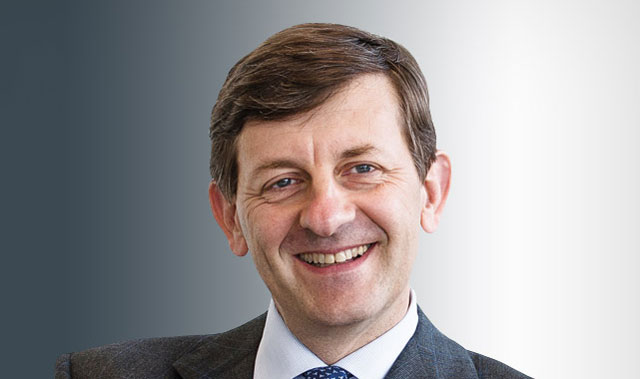
Vodafone Group CEO Vittorio Colao is optimistic that a breakthrough is near regarding government’s controversial ICT policy white paper, saying a “hybrid” model proposed by local mobile operators, including Vodafone subsidiary Vodacom, is making headway.
“Yes, I think I am,” Colao said when asked in an interview in Johannesburg this week whether he is hopeful that a resolution to the dispute will be found soon. The UK-headquartered Vodafone owns 65% of the JSE-listed Vodacom.
The white paper, published late last year, has been met with a chorus of industry opposition, led by the country’s two biggest mobile operators, Vodacom and MTN. A plan to reserve all future “high-demand” spectrum for a single national wholesale network operator has come in for particularly harsh criticism from the big players. The companies have warned that the policy, unless changed, threatens their continued high levels of infrastructure investment.
Spectrum is the lifeblood of the operators, which need it to continue expanding their 4G — and eventually, 5G — broadband services to consumers. Government wants to use the wholesale network to allow smaller players, including black-owned businesses, into an industry that is dominated by a few large incumbents. It has received cautious support for its plans from an association representing many of the country’s Internet service providers.
The big network operators, through Deloitte, recently submitted a proposal to telecommunications & postal services minister Siyabonga Cwele that the industry adopt the hybrid model, in terms of which they will still get access to future exclusive-use spectrum assignments while also supporting the wholesale network by buying at least 30% of its available capacity.
Colao warned that if government presses ahead with its original plan, denying future exclusive-use spectrum to Vodacom and other incumbents, it risks destroying the telecoms industry.
“I don’t think all spectrum can or should or would go into a single entity. That is a model that doesn’t exist anywhere in the world. The reason is that it would destroy the telecoms industry; there would be very little incentive for anybody [to invest].
“It’s something you have to be very careful about. But in the implementation of the model, if you can find a way to make it work, then that’s good. My impression is the policy makers now have a very good understanding of what it takes to make that model work in a hybrid or collaborative way.”
He said it’s important that telecoms policies, no matter the country, be implemented in a judicious and pragmatic way. The South African government’s objective of fostering black participation in the sector through policy interventions is “legitimate and good”, he added. “Whether you call it ‘radical economic transformation’, or you call it creating [black] industrialists … it’s a noble objective.”
He said he told both government and the regulator, Icasa, in meetings this week that a hybrid model is “workable”. However, there must be “a lot of discipline on the financial model, on the operating model and on the management” of the wholesale network.
I don’t think all spectrum can or should or would go into a single entity… The reason is that it would destroy the telecoms industry
“It’s not easy to create an entity that works both for existing and new players. Yes, it is possible to do it, but in implementation you need cooperation from the [incumbent] telecoms [players]. [Government] must be very disciplined on what [the wholesale network] is and how it will work…
“In some ways, we, the operators, can be the best customers of this wholesale company. But we need to be seen as the best customers, not as the antagonists or people being deprived of spectrum.”
Meanwhile, on this week’s decision by S&P Global Ratings to downgrade South Africa’s foreign-currency debt to “junk” and the decision by President Jacob Zuma to fire his finance minister, Pravin Gordhan, and reshuffle his cabinet, prompting a sharp decline in the value of the rand, Colao insisted that the developments won’t affect Vodafone’s investment plans here.
“Of course, we are not happy about the downgrade – for customers, for the employees, it’s not a good thing. But at the end of the day, we take a long-term view… Honestly, the downgrade is not good, but it’s not something that would cause us to change our position [on investment].”
He said, too, that Vodacom remains committed to black economic empowerment and is looking to the Public Investment Corp, which owns about 15% of the group, to help it facilitate a new equity deal soon.
“From the Vodafone perspective, we’d like this deal to be really broad based, not a simply transfer of ownership,” Colao said.
- This article was also published in the Sunday Times of 9 April 2017




